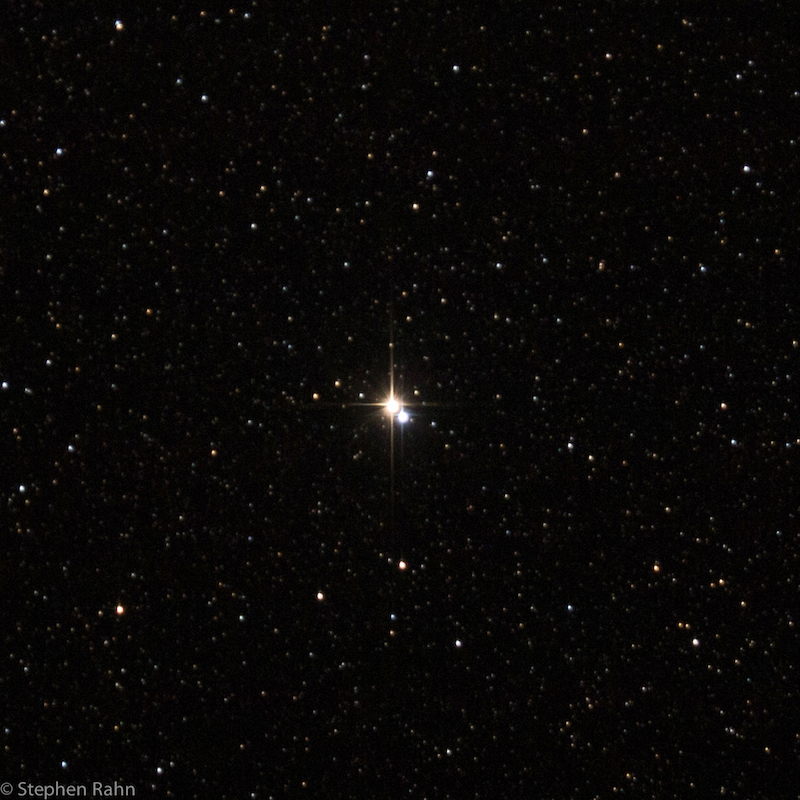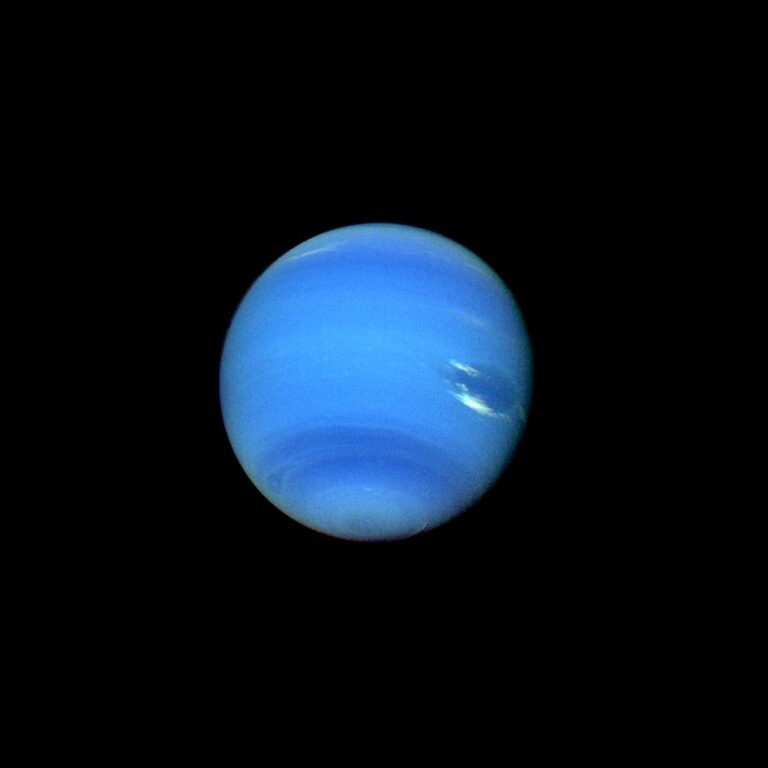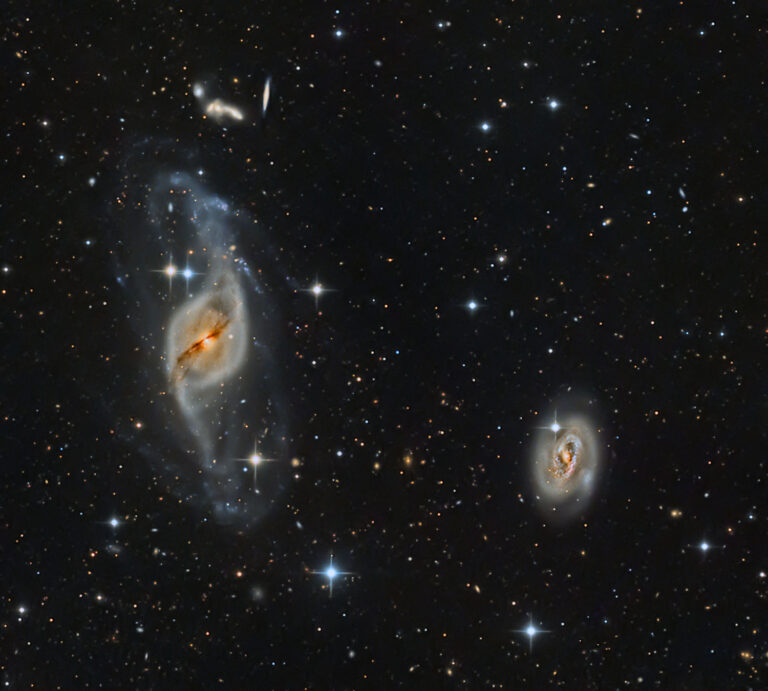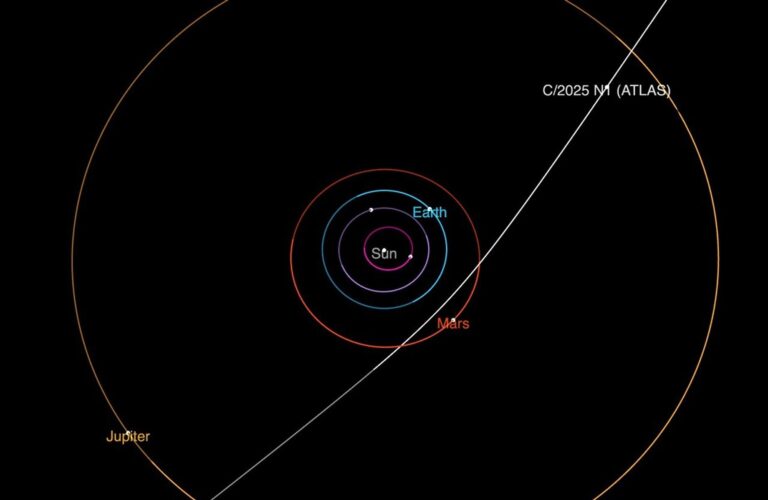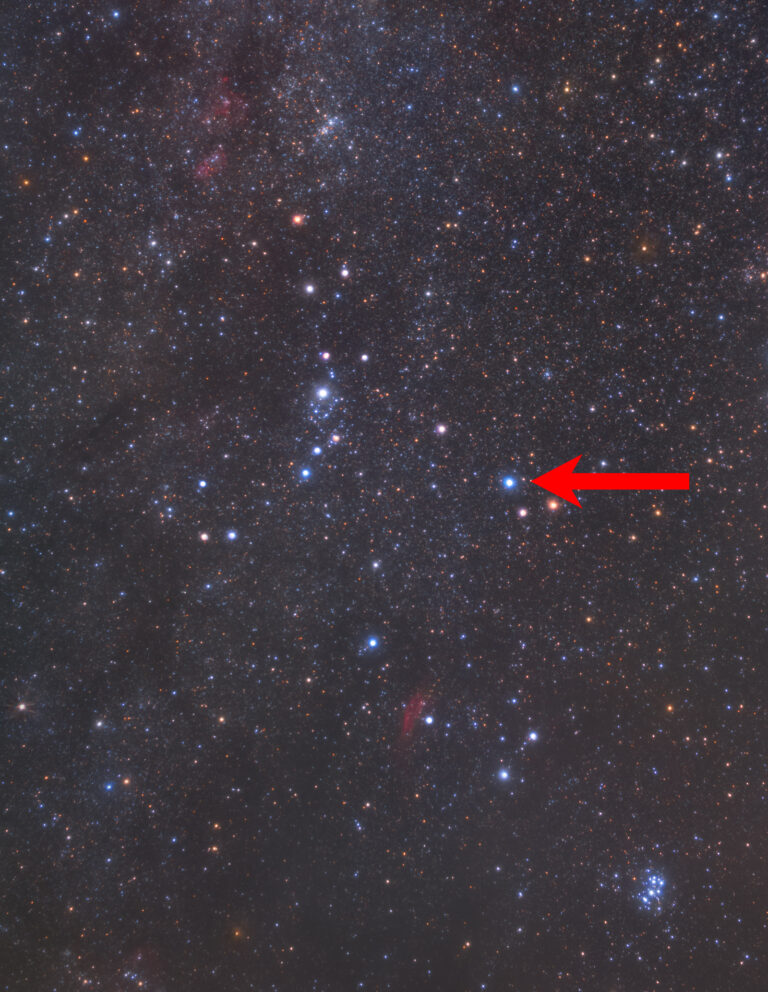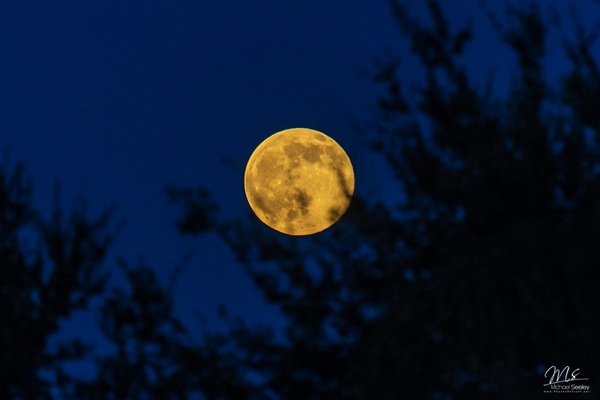Key Takeaways:
What is the best beginner telescope? What do the numbers 7×50 on my binoculars mean? How much magnifying power do I need to see the Andromeda Galaxy? These are just a few of the questions readers of this column have sent me over the years. I could have answered them and many others by simply replying: “Join your local astronomy club to find out.”
Admittedly, that would be a rather brusque response. But it’s true. One of the best sources of astronomical know-how, particularly as it pertains to backyard astronomy, is your local astronomy club. Not only will members be able to answer the majority of questions you might have, but in many cases, you’ll learn even more valuable info than you bargained for. And that can lead you down a new path of exploration altogether!
Because my stint as writer of this column is in its final months, I’ll also make a confession: I didn’t have all the answers to your questions. Whenever I was stumped by a reader’s query, I would turn to my astronomy club, the Amateur Telescope Makers of Boston (ATMoB). I could rest assured that an ATMoB member would know the answer, or at least point me in the right direction. That same pool of communal knowledge exists in almost any astronomy club, big or small.
What if you need to know about something physical, like repairing out-of-alignment binoculars or collimating a reflecting telescope? An astronomy club can help you with that too. Put out an SOS to the membership, and somebody will come to the rescue.
Finding solutions to astronomy-related issues is just one of the benefits of joining an astronomy club. I previously touted the perks of astronomy clubs in my Nov. 2014 column; one of the underrated ones I mentioned is the social aspect of an astronomy club, which provides members the opportunity to “talk shop” with other astronomy enthusiasts.
Prior to joining ATMoB, I would bore friends, relatives, and neighbors with tales of my adventures exploring the universe with binoculars and telescope. What a relief it was for everyone when I instead could share these tales with kindred souls who were truly interested
in what I had to say! Even better, in return I would be treated to cosmic-related narratives of their own.
Club observing sessions are another perk, too. Like many backyard astronomers, I sometimes prefer to be alone outside with my telescope, taking in nature’s background music (chirping crickets, nocturnal birds) as I gaze into the eyepiece. However, it’s fun to occasionally opt for the nearby chatter of fellow telescopists, swapping views of different cosmic sights. This gives me the opportunity to see celestial objects I’ve never seen before, as well as test drive astronomical equipment like eyepieces, filters, or telescopes before deciding to purchase them.
However, the best things in life aren’t always free, and that goes for membership to an astronomy club. Fortunately, the annual fees are usually quite reasonable — typically less than about $50. An entire family can often be enrolled for a small additional fee. And students and senior citizens can usually expect discounts.
Membership in an astronomy club can actually be a money-saving venture, too. You’ll often get first dibs on bargain-priced used astronomical equipment. Over the years, I’ve acquired a number of astro goodies for a fraction of their original cost, culminating in the purchase of what I consider the “ideal” telescope: a bare-bones 6-inch f/8 Dobsonian reflector.
If I’ve piqued your interest in joining an astronomy club, you can search for one in your area by visiting www.astronomy.com/community/groups. (Any astronomy club officers reading this column should check to be sure your organization is listed, and if not, click “Add Your Group” at the top of the page.) And remember, most astronomy club members are down to Earth and welcoming to newbies. After all, they probably joined as novices themselves.
Questions, comments, or suggestions? Email me at [email protected]. Next month: Phil Kane’s 35 time-tested doubles.
Clear skies!


